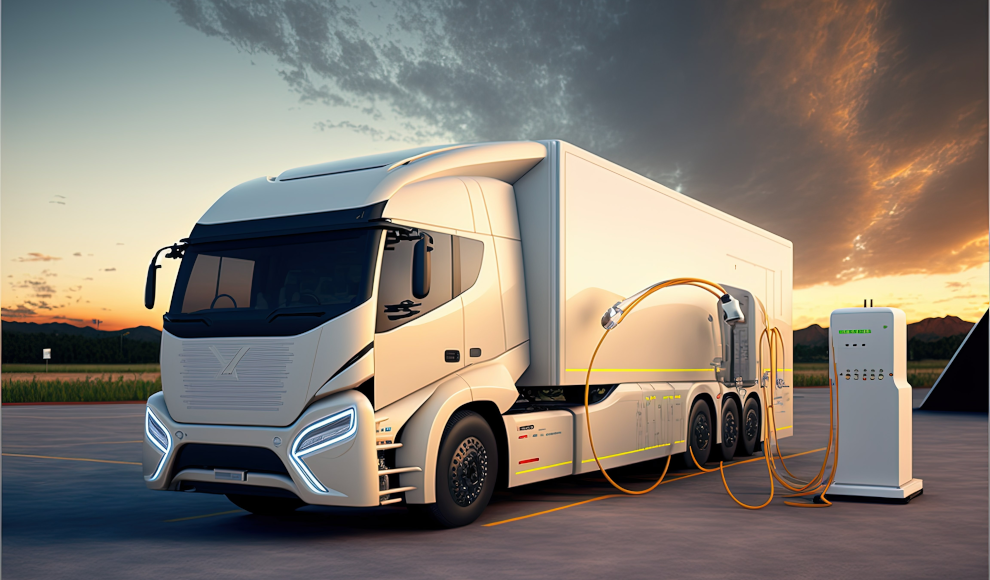A recent study conducted by researchers at the Chalmers University of Technology in Sweden has shown that electric trucks can be cheaper for logistics companies, depending on battery size and load. While the average cost of electric cars in Germany is €48,700, the Total Cost of Ownership (TCO) is significantly lower than that of petrol or diesel cars, according to a study by the Fraunhofer Institute for Systems and Innovation Research. The Chalmers University study analysed a haulage company that travels the 553km route between Stockholm and Helsingborg daily. The researchers considered factors such as the cost of switching to electric trucks, the cost of charging at private and public stations, and the cost of private charging stations. They also analysed the battery’s performance and whether it would affect the transport capacity. The study found that electric trucks have significant cost advantages over diesel trucks.
The researchers found that the average cost of operating a diesel truck in this context is €0.30 per kilowatt-hour, while the average cost of operating an electric truck, including a fast charging stop halfway, is only €0.24 per kilowatt-hour. The study also found that the profitability of electric trucks is closely related to the type of goods transported. For lighter but bulky goods such as packages, vegetables, or flowers, the additional weight of the batteries has little effect, as the truck is filled before reaching its maximum capacity. Therefore, electric trucks are economically viable for such transport operations and types of goods, even with higher public fast charging costs and the resulting need for larger batteries. The study shows that electric trucks can be competitive and that switching to this technology could be beneficial for logistics companies.
A similar study by PricewaterhouseCoopers (PwC) also found that electric trucks could become market leaders by 2035. The Chalmers University study provides a realistic scenario for many transport operations, and companies should consider investing in this transition. The researchers concluded that “we have shown that a logistics fleet can be electrified in a cost-effective way. For companies, this should be a motivation to invest in such a transition.” The study’s findings could encourage more logistics companies to switch to electric trucks, reducing carbon emissions and contributing to a more sustainable future.










